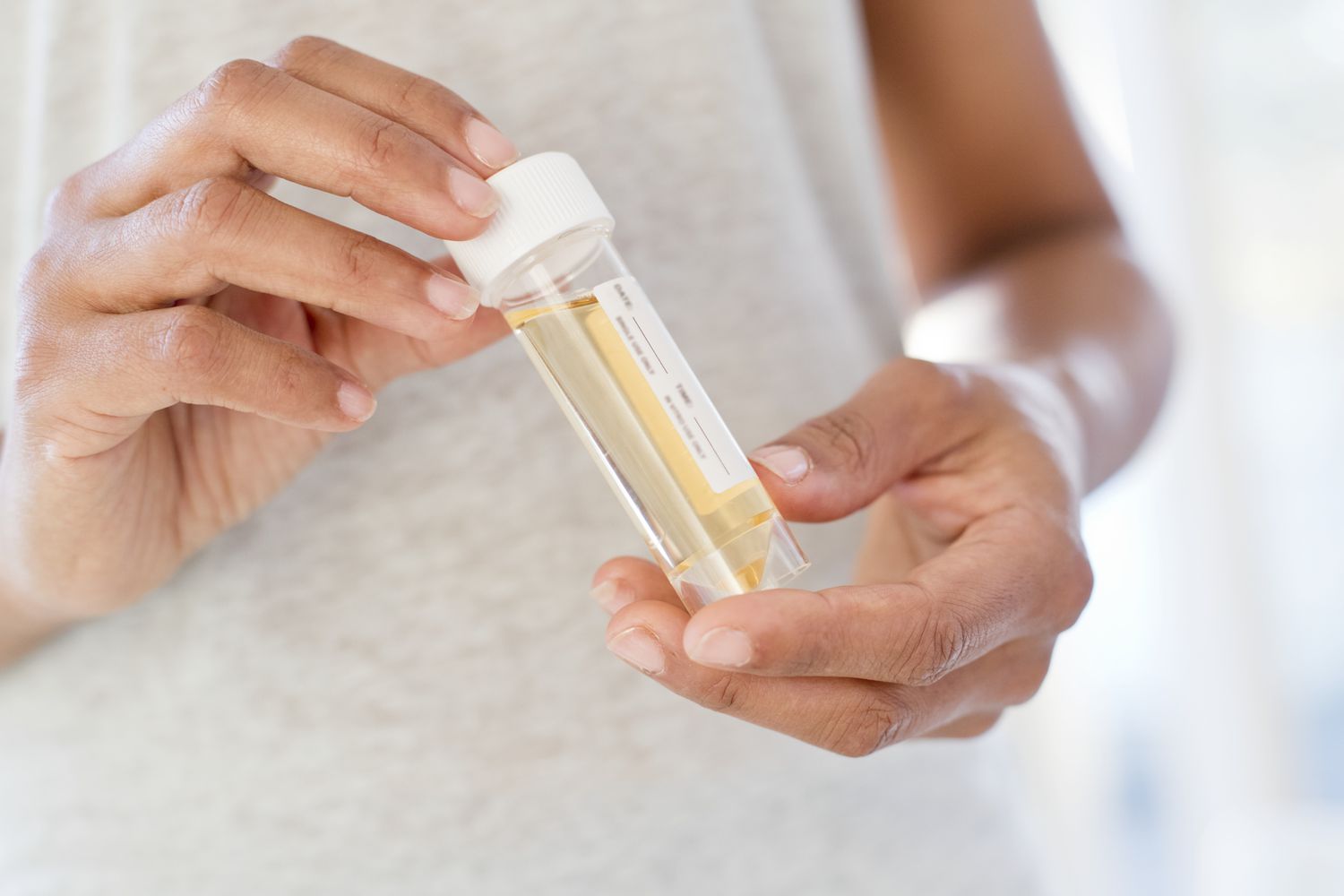Sexually transmitted diseases (STDs) are a serious public health concern, affecting millions of people worldwide. While many people may think that only those who engage in promiscuous behavior are at risk of contracting an STD, the truth is that anyone who is sexually active can be affected. Even those who have only had one sexual partner, including virgins, can contract an STI. Additionally, many STIs are asymptomatic, meaning that people may not even know they have one. This is why it is so important to get tested for STDs on a regular basis. In this article, we will explore seven important reasons why you need to get tested for STDs.
-
Even Virgins Can Contract An STD
One of the most common misconceptions about STDs is that only people who engage in promiscuous behavior are at risk of contracting one. However, this is not the case. Even virgins can contract an STD if they engage in certain types of sexual activity. Additionally, many STIs, such as herpes and HPV, can be spread through skin-to-skin contact, which can occur even if no penetration takes place.
2. Monogamy Is Not A Guarantee
Another common misconception about STDs is that if you are in a monogamous relationship, you are not at risk of contracting one. However, this is not the case. Just because you and your partner are committed to each other does not mean that you are immune to STDs. Your partner may have contracted an STD before you met or may have been unfaithful. Additionally, some STIs, such as herpes and HPV, can be spread through skin-to-skin contact and may not be transmitted through intercourse.
3. Many STIs Are Asymptomatic
Many STIs are asymptomatic, which means that people may not even know they have one. This is especially true for women, who may not experience symptoms for months or even years after contracting an STD. This is why it is so important to get tested for STDs on a regular basis, even if you do not have any symptoms.
4. STDs Can Have Serious Health Consequences
If left untreated, STDs can have serious health consequences. For example, chlamydia and gonorrhea can cause pelvic inflammatory disease (PID) in women, which can lead to infertility. Additionally, both men and women can develop chronic pain in the pelvic area if they have PID. Other STIs, such as HIV and HPV, can lead to cancer.
5. STDs Can Be Transmitted To Infants
STDs can also be transmitted to infants during pregnancy or childbirth. This can lead to serious health problems, including pneumonia, meningitis, and blindness. Additionally, women who have an STD during pregnancy are at an increased risk of having a premature or low-birth-weight baby.
6. STDs Can Be Expensive To Treat
STDs can be expensive to treat, and many people may not have health insurance that covers the cost of testing and treatment. Additionally, some people may not have access to medical care, which can make it difficult to get tested and treated for an STD.
7. Getting Tested Is Easy And Confidential
Getting tested for STDs is easy and confidential. Many clinics and health departments offer free or low-cost testing, and you do not need a prescription from a doctor to get tested. Additionally, many clinics offer confidential testing, which means that your test results will be kept private and will not be shared with anyone without your consent.
Three Ways An STD Test Can Be Performed?
STD tests can be performed in several different ways, depending on the specific type of infection being tested for. Some of the most common methods include:
-
Urine Test:
This is a simple and non-invasive test that involves collecting a urine sample from the patient. The sample is then analyzed for the presence of specific bacteria or viruses that are associated with STDs. This type of test is commonly used to detect chlamydia, gonorrhea, and trichomoniasis.
-
Blood Test:
The blood test at home Dubai involves taking a small sample of blood from the patient, which is then analyzed for the presence of specific antibodies or antigens that are associated with STDs. Blood tests are commonly used to detect HIV, syphilis, and hepatitis B and C.
-
Swab Test:
This test involves taking a small sample of fluid or cells from the genitals, throat, or rectum. The sample is then analyzed for the presence of specific bacteria or viruses that are associated with STDs. Swab tests are commonly used to detect herpes, gonorrhea, and chlamydia.
Final Words
There are many important reasons why you need to get tested for STDs. Whether you are a virgin, in a monogamous relationship, or have multiple partners, you are at risk of contracting an STD. Many STIs are asymptomatic, which means that people may not even know they have one. If left untreated, STDs can have serious health consequences, including infertility, chronic pain, cancer, and transmission to infants. Additionally, STDs can be expensive to treat, and getting tested is easy and confidential. It is important to practice safe sex and to get tested for STDs on a regular basis to protect yourself and your partners from these serious health concerns.

